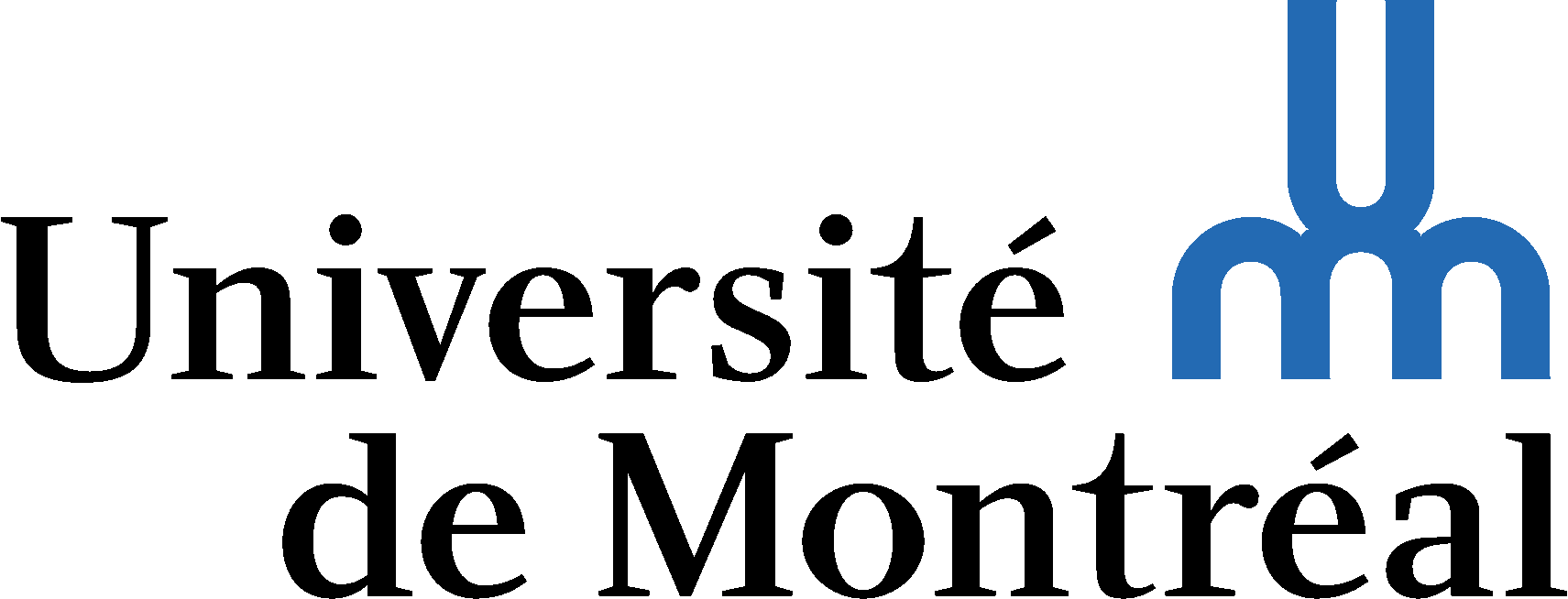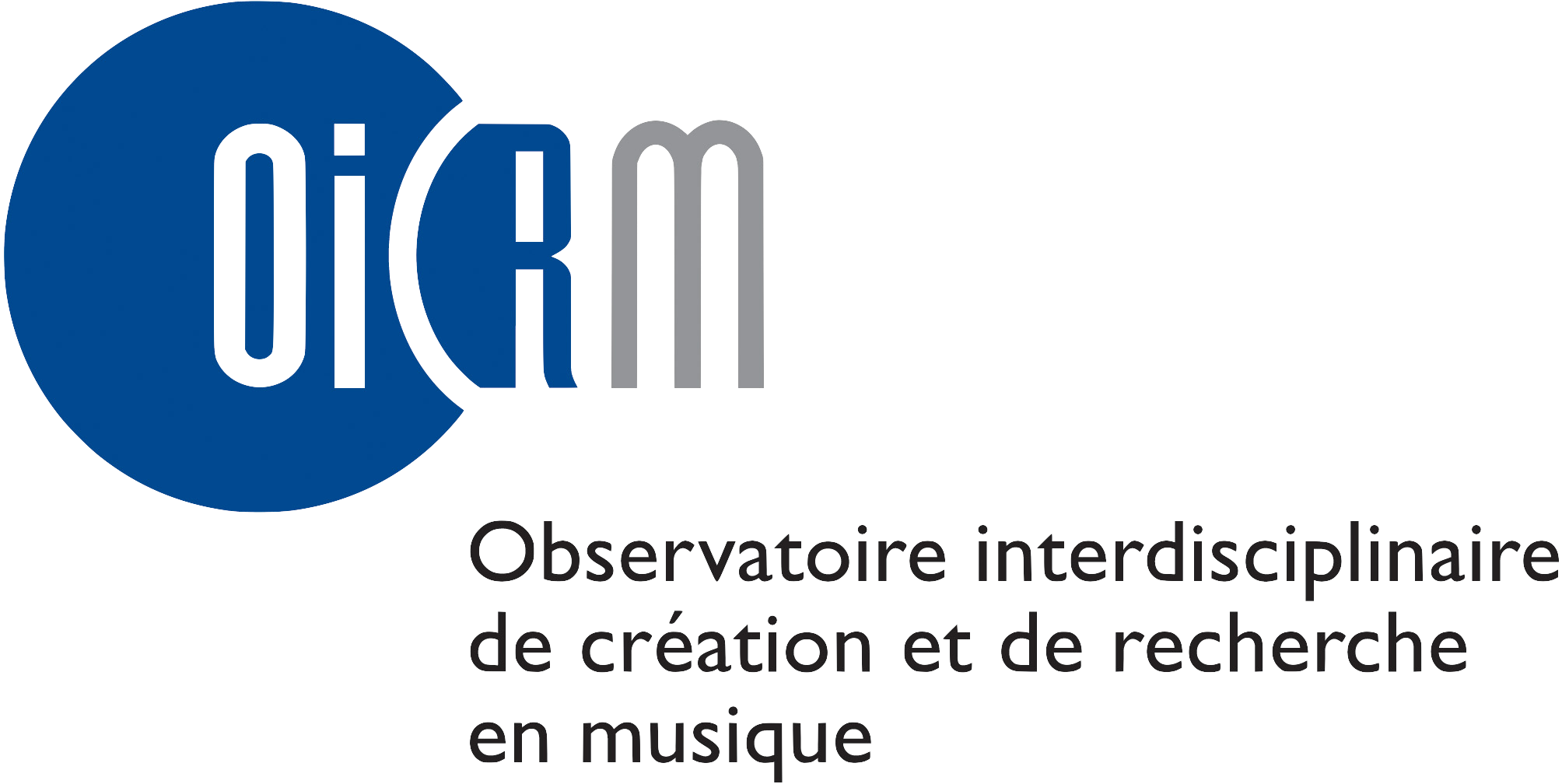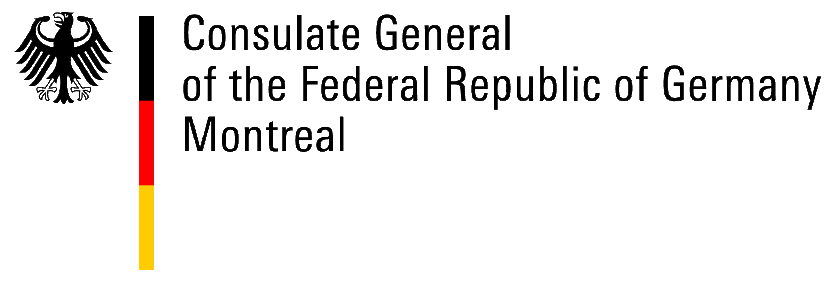Can music engage transformative action in times of crisis?
”May you live in interesting times!” — Apocryphal Chinese Curse
Fires burn around the world. Systemic inequities persist. From pandemics and climate change to military conflicts and authoritarian governments, the world is living in what composer and researcher Sandeep Bhagwati cheekily calls “interesting times.” These times call for resistance, organizing, and creativity. How has musical practice responded to moments of upheaval in historical times? What forms of transformative action does it engender? Since a crisis is always a turning point (krisis), it demands a time for thinking, a critical decision (krinein) that takes account of the present to imagine possible futures and rethink collective action within global music communities.
Inspired by Bhagwati’s wide-ranging, trans-traditional, and interdisciplinary orientations, this colloquium brings together researchers, musicians, and composers to reflect on the role of musical performance—and wider practices of listening—in facing global challenges. Drawing on Global South, posthuman, queer, decolonial, and diasporic perspectives, we will consider time and temporality, precarity, protest, resistance, resurgence, community, healing, transformation, and the futures of new and experimental music in times of ecological and sociopolitical crisis. All these topics and more will be addressed over three days, alongside original musical performances.

Deborah Carruthers, reading between the lines: Maison St-Gabriel Iteration, 2nd Movement:witness (graphic score), acrylic ink on bespoke St-Armand paper, dimensions variable (approx. 120 X 50 in installed, both movements), 2022
Event featured as part of Homage Series / Sandeep Bhagwati (2023-24 Season).
Participants
Chiara Antico
G Douglas Barrett
Joseph Browning
Sandeep Bhagwati
Marc-Antoine Boutin
Deborah Carruthers
Jace Clayton
Jamie Currie
Julio D’Santiago
Sedalia Kawennotas Fazio
Juro Kim Feliz
Misaki Goto
Bana Haffar
Niels Chr Hansen
Terri Hron
Daryl Jamieson
Adriana Juárez
Kim Kattari
Anaïs Maviel
Christian Pariot
Mackenzie Pierce
Adriane Pontecorvo
Deniza Popova
Christopher Segall
Jagoda Szmytka
Jeremy Tatar
Danick Trottier
Lee Veeraraghavan
Katherine Walker
meLê yamomo
- Participants
Chiara Antico
G Douglas Barrett
Joseph Browning
Sandeep Bhagwati
Marc-Antoine Boutin
Deborah Carruthers
Jace Clayton
Jamie Currie
Julio D’Santiago
Sedalia Kawennotas Fazio
Juro Kim Feliz
Misaki Goto
Bana Haffar
Niels Chr Hansen
Terri Hron
Daryl Jamieson
Adriana Juárez
Kim Kattari
Anaïs Maviel
Christian Pariot
Mackenzie Pierce
Adriane Pontecorvo
Deniza Popova
Christopher Segall
Jagoda Szmytka
Jeremy Tatar
Danick Trottier
Lee Veeraraghavan
Katherine Walker
meLê yamomo
- Production of the SMCQ and Concordia University, with support from Université de Montréal, the Observatoire interdisciplinaire de création et de recherche en musique (OICRM), Circuit musiques contemporaines magazine, the German Consulate General in Montréal, Canadian Heritage and the Social Sciences and Humanities Research Council of Canada (SSHRC).







- Schedule
- Day One — Friday May 3
- 10 am — Ohèn:ton Karihwatéhkwen / Opening address — Sedalia Kawennotas Fazio
• Welcoming words by Daniel Villegas and Sandeep Bhagwati
- 11:30 am — Session 1: Community vs. Precarity / Chair: Danick Trottier, UQAM
• Making experimental community: X Avant, 2018-2023 — Terri Hron, University of Montréal
• Synthesizing Community—The Story of the Beirut Synthesizer Center — Bana Haffar, Concordia University
- 1 pm — Lunch
- 2 pm — Session 2: Musicking Humanity / Chair: Lee Veeraraghavan, Tulane University
• Timothy Morton and Jennifer Walshe’s TIME TIME TIME — Joseph Browning, University of London
• Gesamtkunstwerk Earth: Climate Change, Globalization, and Site Specificity in Sun and Sea (Marina) — G Douglas Barrett, University Syracuse
• Post-Soviet Hauntology and the Music of Sofia Gubaidulina — Christopher Segall, University of Cincinnati
- 3:45 pm — Coffee
- 4 pm — Listening Session: Kinalugarán (2022) — Juro Kim Feliz, Toronto
- 5:15 pm — Keynote — mêLe yamomo, University of Amsterdam
- 6:45 pm — End of day one
- Day two — Saturday May 4
- 9:30 am — Session 3: Coping with Airborne Crises / Chair TBD
• Airborne Transmissions: Emergent Signals of Place, Personhood, and Care on Community Radio — Adriane Pontecorvo, Indiana University
• Music Matters: Promoting Music During Times of Institutional Stress — Katherine Walker, Hobart and William Smith Colleges
• Psychological crisis coping through music: the COVID-19 pandemic and beyond — Niels Chr. Hansen & Suvi Saarikallio, Arhus University & Suvi Saarikallio, University of Jyväskylä
- 11:30 am — Vocal Workshop: Anaïs Maviel, New York City
- 1 pm — Lunch
- 2 pm — Session 4: Critical Temporalities / Chair: Daniel Villegas, University of Ottawa
• Ruins, palimpsests, crises: Contemporary interactions between sounds and other living beings — Daryl Jamieson, Kyushu University
• Queer Orpheus — Jamie Currie, University at Buffalo
• La saturation musicale à l’ère de l’Anthropocène — Misaki Goto, Paris 1 Panthéon-Sorbonne University
- 3:45 pm — Coffee
- 4 pm — Session 5: Resistance as an Alternative / Chair: Jeremy Tatar, McGill University
• La musique comme alternative en temps de crise: le cas de San Cristóbal au Venezuela — Julio D’Santiago, Sorbonne University
• Organizing, Resisting, Surviving: Indigenous Resistance Music in Cold War Mexico, Chile, and El Salvador — Adriana Juárez, University of Saskatchewan
- 5:15 pm — Lecture Performance: Dhvanivala by Sandeep Bhagwati, Concordia University
- 6:45 pm — End of day two
- Day three — Sunday May 5
- 9:30 am — Lecture Performance Workshop (with communal listening, singing and dancing): Bulgarian Music as a Time Shelter — Deniza Popova, Berlin
- 11:30 am — Session 6: Conflicts / Chair: Marc-Antoine Boutin, University of Montréal
• La chanson au cœur du génocide rwandais — Christian Pariot, University of Toulouse
• Listening for the Quotidian in Crisis: Music in the Cafés of Occupied Warsaw during World War II — Mackenzie Pierce, University of Michigan
• Protesting Military Drones with Drone-Based Music — Kimberly Kattari, Texas A&M
- 1 pm — Lunch
- 2 pm — Session 7: Composing in Difficult Times / Chair: Sandeep Bhagwati, Concordia University
• Creating Rules of Engagement — Deborah Carruthers, Montréal
• It is difficult to compose in difficult times. A few remarks on sources of compositional struggles from a personal perspective — Jagoda Smytka, University of Music and Performing Arts Vienna
• Arturo Toscanini’s Musical Activity: an Ethical Statement during the Racial Laws in Europe — Chiara Antico, Universidade NOVA
- 3:45 pm — Coffee
- 4 pm — Keynote: Jace Clayton, Bard College
- 5 pm — End of colloquium